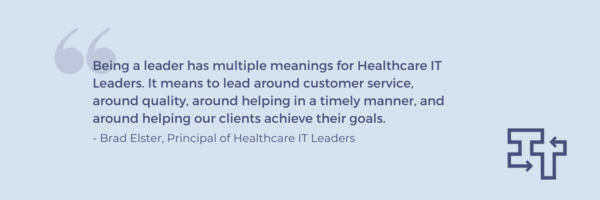During this critical time in our nation’s history, Home Health Care News remains committed to bringing you essential news related to home-based care operations. At the same time, we also recognize the seriousness of the COVID-19 pandemic. We’ll continue to highlight key developments and mitigation strategies in this rolling bulletin.
What you need to know from Monday (March 16):
— New York Governor Andrew Cuomo called attention to the likely capacity challenges U.S. hospitals will face moving forward; hospital-at-home models could be key to boosting capacity.
— Stocks plunged once again, With the Dow dropping 2,997 points and trading paused for 15 minutes after rapid selloffs.
— On Sunday, The U.S. Centers for Disease Control and Prevention (CDC) recommended that no gatherings of 50 or more people take place over the next several weeks.
— Also over the weekend, the U.S. Centers for Medicare & Medicaid Services (CMS) issued an 1135 waiver to relax certain rules and Conditions of Participation (CoPs) for certain Medicare health care providers.
— The cost of in-patient admissions for COVID-19 treatment could top $20,000, a price tag that places a premium on preventative home health and hospital-at-home treatment.
Read: “Hospital-at-Home Programs Ready to Play Critical Role as Coronavirus Cases Spike”
CMS provides home health relief
CMS provided relief to home health agencies, specifically creating flexibilities around timeframes related to OASIS transmission. CMS also announced that it is allowing Medicare administrative contractors (MACs) to extend the auto-cancellation date of Requests for Anticipated Payment (RAPs) during emergencies.
Popular Reports
Advertisement
“It remains vital that our health care system be equipped to respond effectively to the additional [COVID-19] cases that do arise, that federal requirements designed for periods of relative calm do not hinder measures needed in an emergency,” CMS Administrator Seema Verma said in a statement. “These temporary blanket waivers – offered to providers and clinicians across the country – are reserved for the rarest of situations. They represent a massive mobilization of our country’s resources to combat this terrible virus. In a time of emergency, the health system needs maximum flexibility to respond appropriately.”
House passes coronavirus relief package
On Saturday, the U.S. House of Representatives passed bipartisan legislation in response to the spread of coronavirus.
Among its provisions, the relief package would provide paid emergency leave with two weeks of paid sick leave, in addition to up to three months of paid family and medical leave, according to House Speaker Nancy Pelosi (D-Calif.).
The Senate is in the process of reviewing the legislation, with some hinting that substantive changes will be needed for it to pass.
Home health legal experts previously told HHCN that a federally mandated sick leave policy would be devastating for some in-home care agencies.
“We are already seeing market consolidation as a result of PDGM and certain regulatory burdens that make it challenging for a smaller provider to keep up, and I fear this would add more fuel to the fire,” Angelo Spinola, an attorney and shareholder at San Francisco-based Littler Mendelson, said. “If these agencies are over-regulated to the point of going out of business, our seniors and their families may be forced to the grey market of less qualified, unsupervised caregivers.”
HHCN encourages you to reach out to us individually or at [email protected] for story ideas, tips or general feedback.
